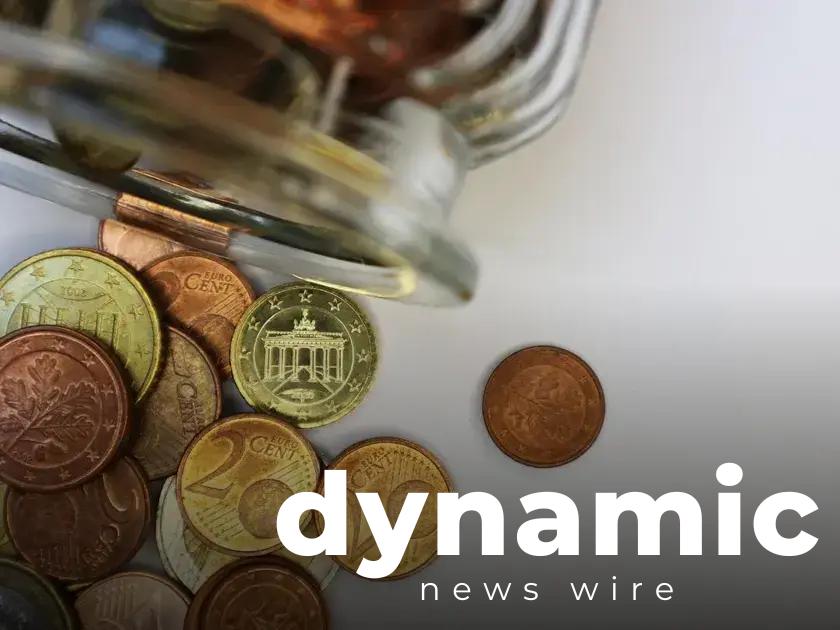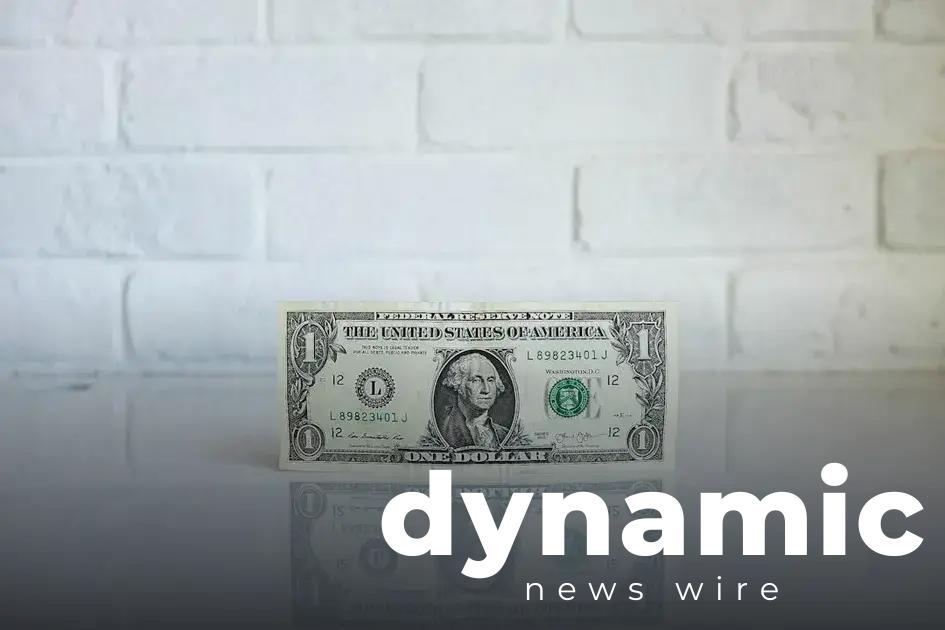Simple Strategies to Pay Off Credit Card Debt Quickly

Are you overwhelmed by credit card debt? Discover simple strategies to pay off credit card debt faster. By assessing your current financial situation, you can determine the best approach to regain control. Prioritizing debts and utilizing available options effectively can help reduce financial stress. Let’s dive into practical ways to tackle your debt and work toward financial freedom.
Assess Your Current Financial Situation
Start by gathering all your financial information. List all credit card balances, interest rates, and minimum payments. Use a spreadsheet or a budgeting app to stay organized. Take note of your monthly income and any additional sources of funds.
Understand your spending patterns by reviewing past bank and credit card statements. Identify areas where you can cut back spending to allocate more funds toward debt repayment.
Calculate your total debt-to-income ratio. This is crucial in determining your ability to manage and pay off your credit card debt. Use the following formula: sum of monthly debt payments divided by gross monthly income, times 100. A ratio below 20% is considered manageable, while anything above 40% might indicate financial stress.
Track your expenses meticulously. Knowing exactly where your money goes each month can highlight potential savings and fund diversion toward debt repayment.
Prioritize Your Debts Strategically

To strategically prioritize your debts, begin by listing all outstanding debts, including their interest rates and minimum payments. Focus on one debt at a time for faster payoff.
High-Interest Debts First
Start with debts charging the highest interest rates. By tackling these first, you’ll save more on interest payments in the long run. Once a high-interest debt is paid off, redirect those funds to the next high-interest debt.
Debt Snowball Method
If motivation is a challenge, consider the debt snowball method. Pay off smaller debts first. This approach builds momentum as you experience quick wins.
Maintain Minimum Payments
While focusing on a specific debt, ensure that all your other debts receive their minimum payments. This will prevent penalties or damage to your credit score.
Create a Realistic Budget Plan
To create a realistic budget plan that supports your goal of paying off credit card debt quickly, it’s essential to have a clear understanding of your financial landscape. First, list all your sources of income, including any side gigs or passive income. Then, subtract necessary monthly expenses, such as rent or mortgage, utilities, groceries, and transportation costs.
Once you have a grasp of your essential spending, identify and eliminate non-essential expenses. Cutting back on eating out, subscriptions you rarely use, or impulse purchases can free up funds to allocate towards debt repayment.
Set specific spending limits for each category in your budget, ensuring they align with your ultimate goal: accelerating your debt payoff. This means setting realistic targets for discretionary spending and sticking closely to them.
Be sure to allocate a portion of your budget specifically for credit card debt payment. This should be a fixed amount and prioritized within your budget, even if it means sacrificing in other areas.
Regularly reviewing your budget plan allows you to adjust as needed. Expenses may change, and opportunities to save more may arise. Continuously updating your plan ensures it’s effective and reflective of your current financial situation.
Utilize Balance Transfer Options

One effective strategy to clear credit card debt is making use of balance transfer options. This involves transferring your existing credit card balance from a high-interest credit card to one offering a lower interest rate, often 0% for a promotional period. This can significantly reduce the amount you’ll have to pay in interest, allowing you to focus more on paying down the actual debt.
Before utilizing a balance transfer, evaluate the terms carefully. It’s essential to understand the fees associated with the transfer, which can usually be a percentage of the amount transferred. Ensure that this fee does not outweigh the benefits of the lower interest rate.
During the promotional period, maximize your payments towards the principal amount. The goal should be to pay off as much of the debt as possible before the interest rate increases once the promotional period ends.
Consider your credit score before applying, as some of the best deals are available only to individuals with good to excellent credit ratings. Also, avoid using the original card you’re transferring the balance from, as accumulating new debt will undermine your efforts.
This tool can be a powerful part of your debt reduction toolkit when used wisely, enabling you to clear your credit card debt efficiently. However, discipline in paying off the debt is key to leveraging the full benefits of this strategy.
Increase Payment Frequency
Looking to accelerate your credit card debt repayment? Consider increasing the frequency of your payments as a powerful strategy. By opting to make payments more often than just once a month, you can significantly decrease the amount of interest that accumulates over time.
For example, try splitting your monthly payment in half and paying that amount every two weeks. With this method, you’ll end up making 26 half-payments in a year, which equates to 13 full payments, rather than the 12 monthly payments you’re used to. This can substantially reduce the principal amount, thus reducing the interest imposed and helping you to clear the debt faster.
Ensuring that the extra money from each early repayment is applied directly to the principal can also amplify this strategy. Speak with your credit card company to verify how additional payments are applied and if there are any automated options to facilitate more frequent payments.
Additionally, consider setting up automatic payments if possible. Automating your finances not only eliminates the risk of missing a payment but also enforces a consistent payment habit that may reduce temptation to spend beyond your means. This disciplined approach can be a game changer in your journey towards debt freedom.